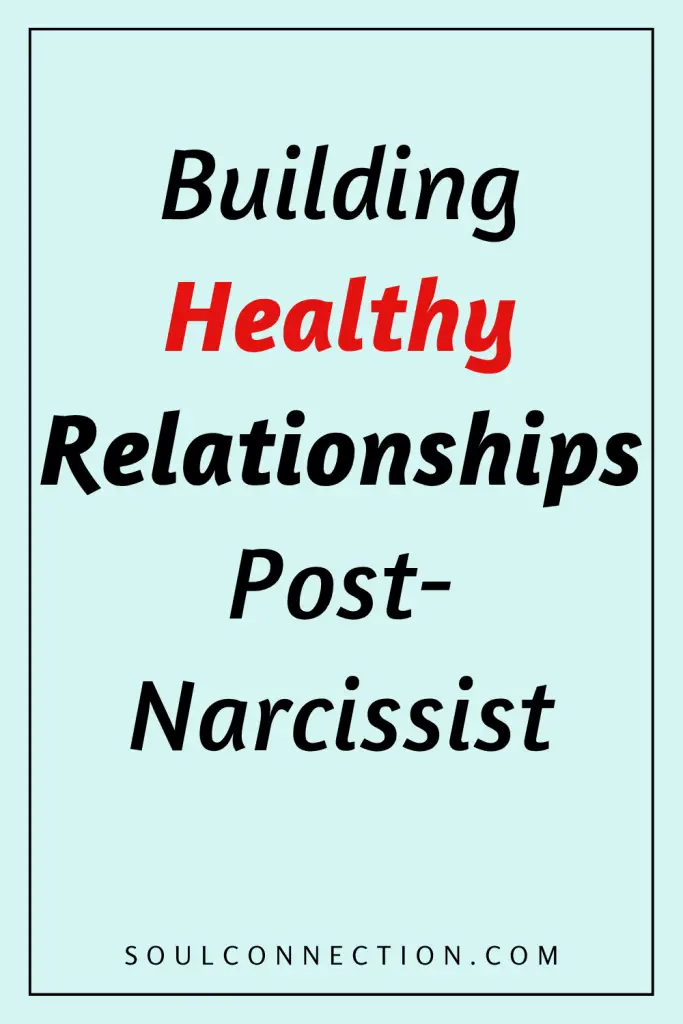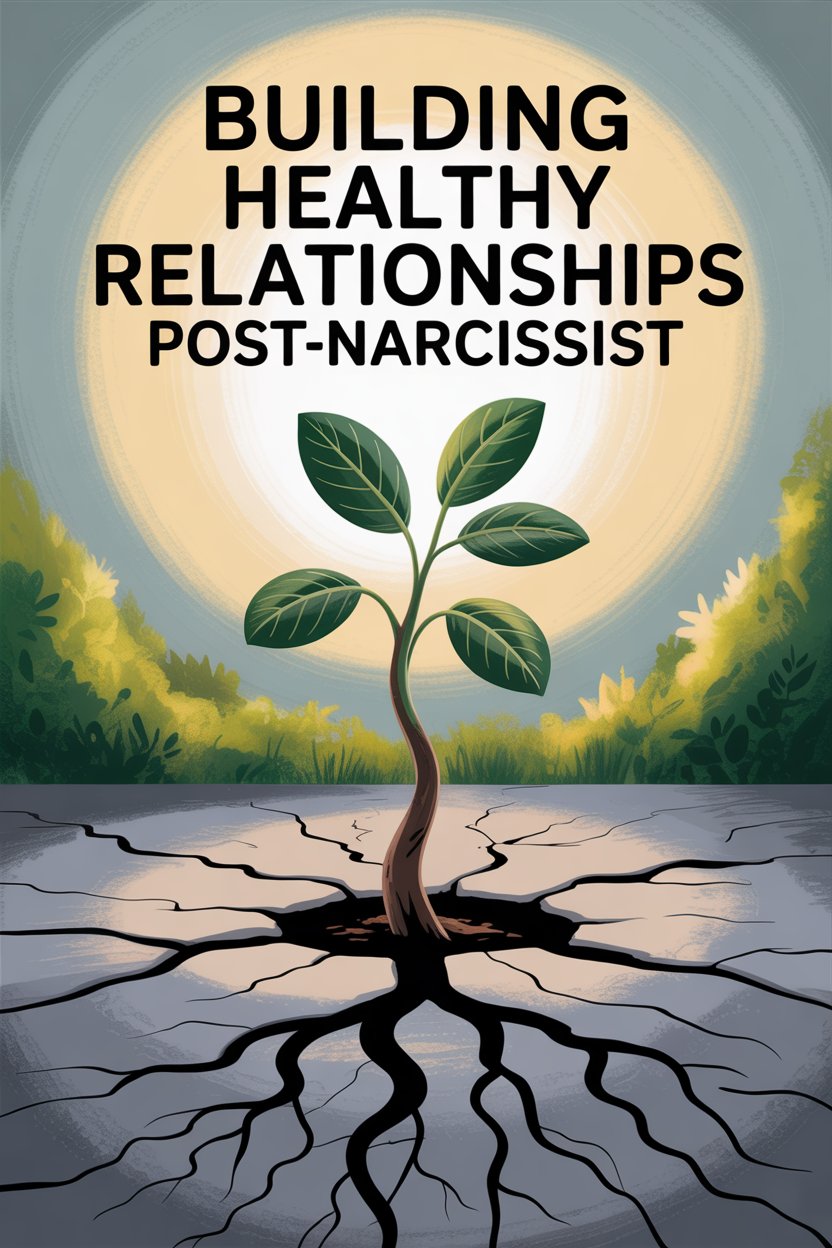So, you survived a relationship with a narcissist. Congratulations! You’ve basically earned an honorary psychology degree and possibly an Olympic medal in emotional gymnastics.
Now, standing blinking in the sunlight of your new freedom, you’re wondering: Is it possible to trust again? Can relationships actually be healthy, or is that some fairy tale cooked up by Disney?
Pour a cup of your favourite pick-me-up, because it’s time to talk about rebuilding—without all the toxic plot twists.
Redefining Normal
After a narcissist, “normal” can feel like an endangered species. When the relationship’s soundtrack was a loop of doubt, criticism, and gaslighting, even basic respect can seem suspicious.
Healthy folks aren’t love-bombing you on Tuesday and ghosting you by Friday. They’re not keeping score or launching covert smear campaigns during family Christmas. That safe feeling? It’s not boring. It’s the baseline.
You’re not missing red flags; you’re just meeting people who have fewer than a Soviet parade.
Give yourself time to unlearn the drama. Peace and predictability are allowed to feel good.
Trust: Not Just a Buzzword
Trust after narcissistic abuse has the appeal of a cold swim in December. Who wants to jump back in? But trust isn’t about blind leaps. Start by trusting yourself.
That prickly feeling in your gut when something’s off? Turns out, it’s actually useful—despite what your ex tried to convince you.
Let trust build slowly in new relationships. Small, consistent actions matter far more than grand gestures. It’s not paranoia to notice patterns; it’s self-protection.
And if you need to triple-check someone’s words against their actions, well, that’s just called Tuesday.
Getting Comfortable with Boundaries
If boundaries were a muscle, yours might be atrophied from years of being steamrolled. But boundaries are simply the fence around your emotional garden—keeping the weeds out, letting the flowers bloom.
Practice saying no without offering an essay afterward. If someone takes offense, that’s their problem, not a sign you’re heartless. Healthy partners welcome boundaries; narcissists treat them like an affront to their royal status.
Remember, “no” is a complete sentence. Bonus points if you can say it without apology.
Spotting Red Flags Without Becoming a Lighthouse
After escaping a narcissist, every minor quirk in a new partner can look like DEFCON 1. He didn’t text back? Probably plotting world domination. She likes attention? Must be the next textbook case.
Not every odd behaviour means trouble. People are allowed to be flawed and still be decent human beings. The trick is balancing caution with openness.
When something feels off repeatedly—manipulation, deflection, lack of empathy—it’s not your job to stick around and play detective. Trust your instincts, but leave room for the benefit of the doubt. (Unless their favourite word is “actually”—then, run.)
Communicating Like You Mean It
Years of narcissistic antics can leave communication skills a bit…rusty. Maybe you learned to avoid tough conversations, or to talk in circles hoping to avoid a fight.
Welcome to the land of directness. Healthy partners want to know how you feel—even if it’s awkward. Practice honest conversations about what you need.
Ask for reassurance if you’re feeling wobbly. If your new person can’t handle that, it’s not a failing on your part.
And yes, it feels weird at first. But trust me, nobody ever died from a bit of vulnerability.
Relearning Self-Worth
A narcissist’s favourite pastime: whittling away at your self-esteem until you’re convinced you’re lucky anyone even remembers your birthday.
Time to flip the script. Make choices that say, “I matter.” See friends who like the real you. Pursue hobbies you abandoned for someone else’s ego. Notice who makes you feel valued and who leaves you drained.
If someone’s love feels expensive, with too many terms and conditions, it’s not really love.
You’re not starting from zero—you’re starting from experience. And that’s an upgrade.
Giving Yourself Permission to Move Slowly
Society loves a “bounce back” story, but healing isn’t a competitive sport. There’s no prize for the fastest relationship reboot. Move at a pace that feels sane.
If that means saying no to dating apps for a while, or taking relationships at the speed of a glacial crawl, own it. Anyone worth your time will respect the pace.
For every “Aren’t you over it yet?”—feel free to offer a polite smile and move along. They’re probably still watching reality TV for relationship advice.
Letting Go of Guilt
Narcissists are champions at blame-shifting. Even after you’re gone, their voice can linger in your head, whispering that every failed interaction is because you’re “too much” or “too sensitive.”
Spoiler: It’s not your fault. You did what you had to do to survive. Guilt lingers, but it doesn’t have to steer the ship. Notice when guilt is talking, then gently show it the door.
And if you need a hand, therapists have made entire careers out of helping people unlearn the lies narcissists tell. There’s no shame in asking for help—unless you count refusing to ask for directions, in which case, carry on.
Cultivating Healthy Connections
Not everyone you meet post-narcissist is a hidden trap. There are good souls out there—friends, partners, cousins who don’t start arguments over board games.
Nurture relationships that feel safe and predictable. Notice how you feel after spending time with someone: calmer, lighter, more yourself? That’s not an accident.
Healthy people bring out the best in you, not your coping mechanisms.
If your body relaxes around someone, take note. It’s smarter than you think.
Embracing Boredom (No, Really)
Life after narcissistic drama can feel eerily calm—maybe even dull. No more emotional rollercoasters, no more mystery marathons about what mood you’ll walk into.
Turns out, boredom is underrated. It gives you a chance to recognize what you actually want, instead of reacting to chaos. You’re free to enjoy ordinary happiness: Sunday brunches, silly inside jokes, the luxury of being yourself.
Peace is the baseline, not the absence of excitement. And if you miss the drama, there’s always reality TV.
Growing Forward
Healing from narcissistic abuse isn’t a one-and-done deal. It unfolds in small, sometimes awkward steps. You’re not doomed to repeat old patterns. Each choice, boundary, and honest conversation is a step in a healthier direction.
Celebrate every milestone, no matter how small. You’re writing a new story—one where you get to be the main character, not just comic relief or emotional support.
And remember: Healthy love doesn’t require you to shrink, sacrifice, or solve endless riddles. It just asks you to show up as yourself, baggage and all.
That’s not just possible. It’s the least you deserve.


